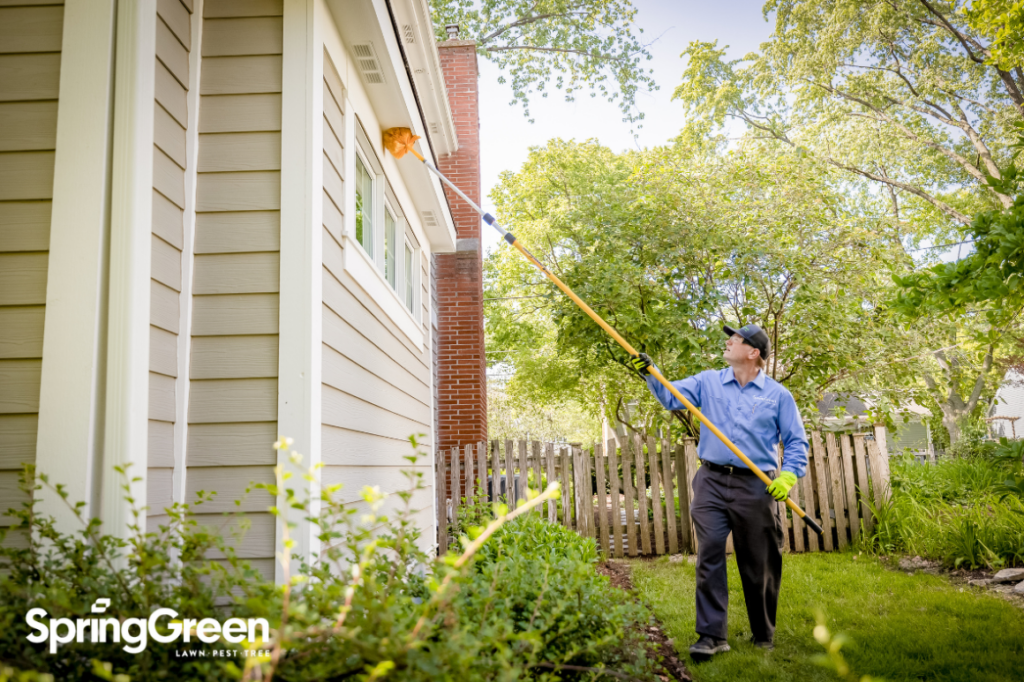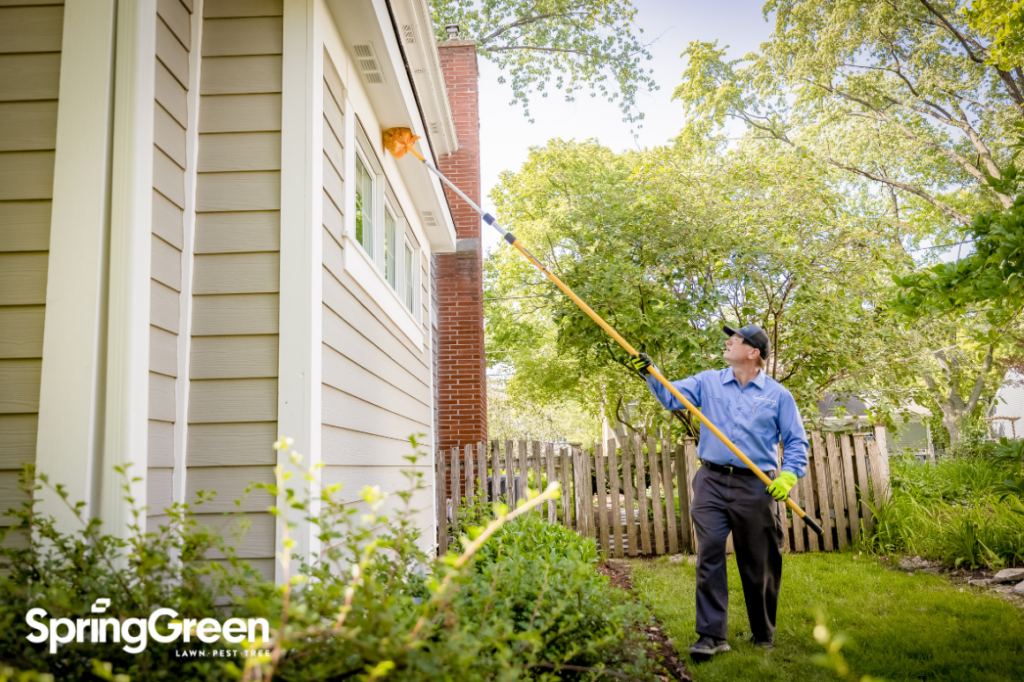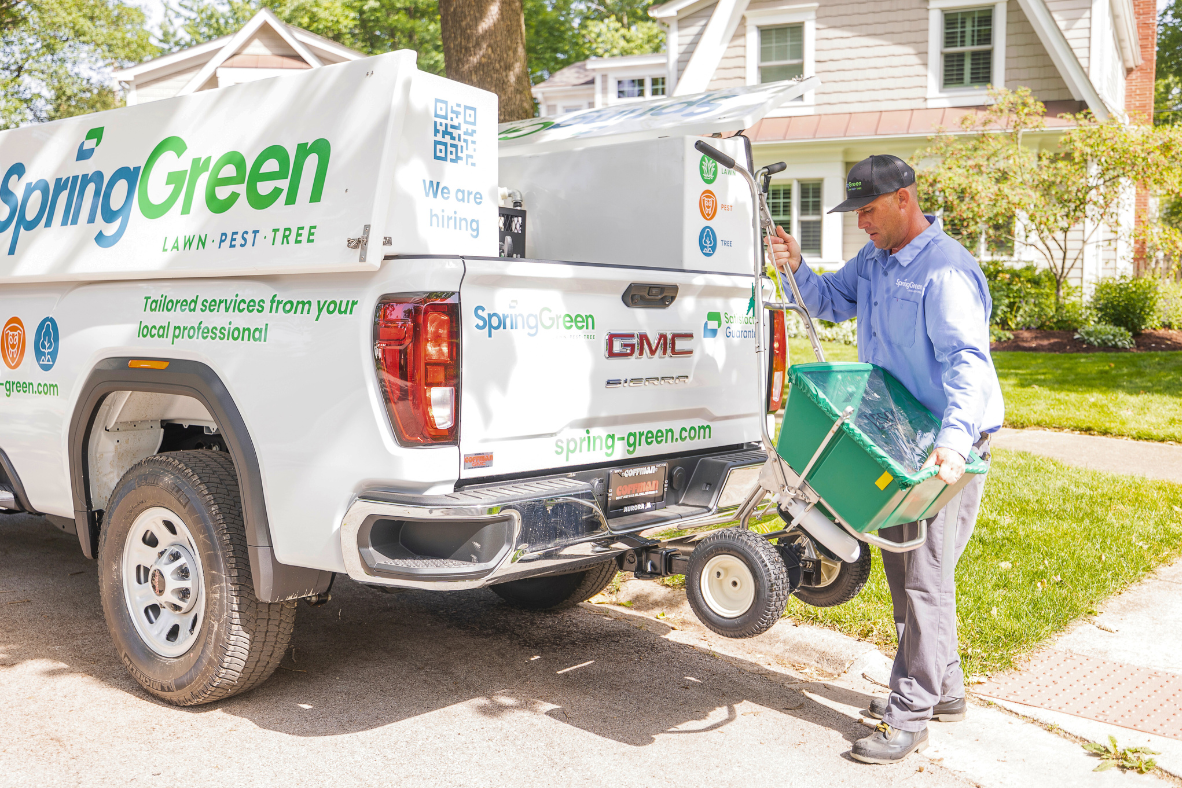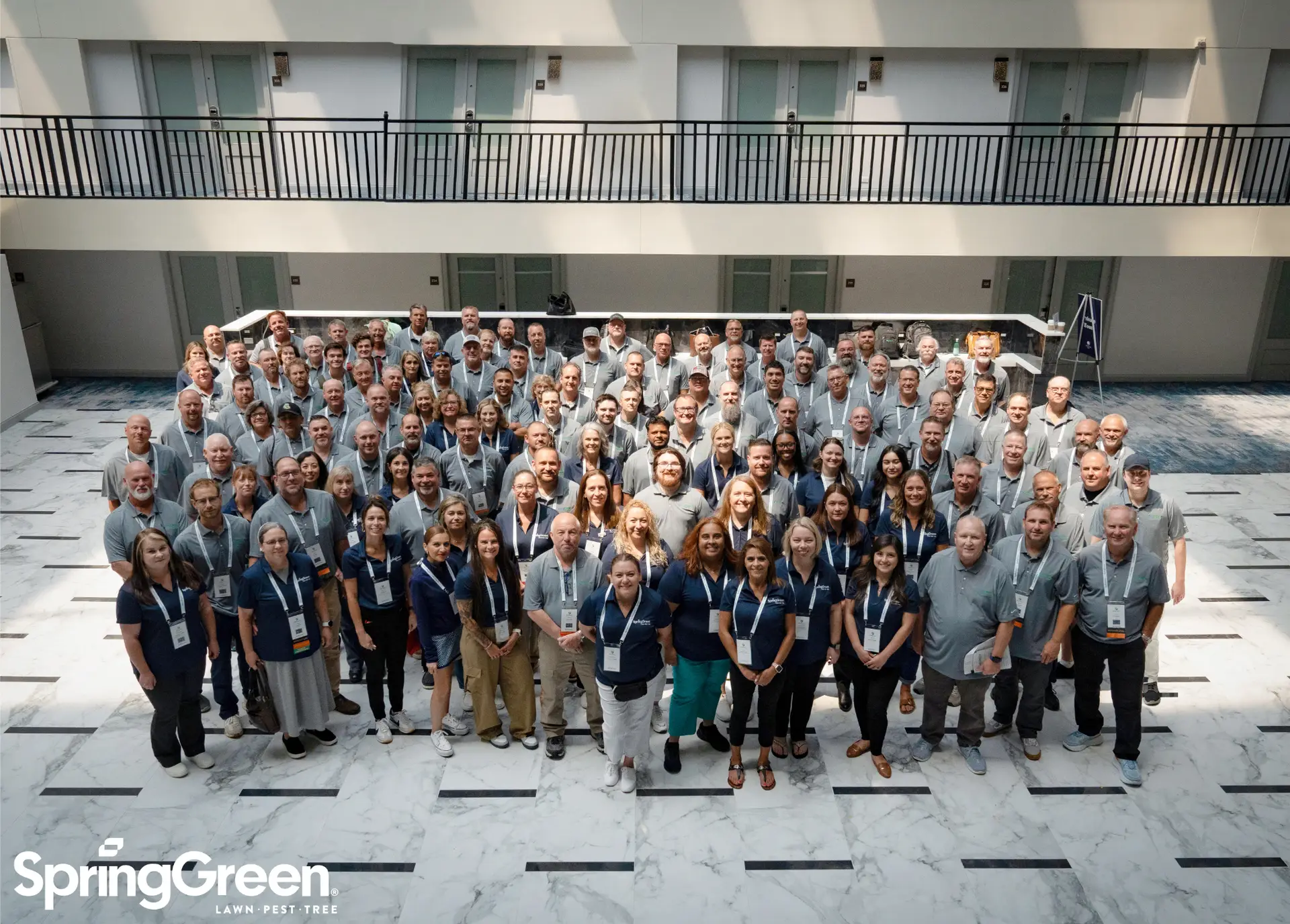
As concerns about environmental sustainability grow, so does the demand for eco-friendly pest control solutions. Homeowners and businesses are increasingly seeking methods that effectively manage pests while minimizing harm to the environment. As a leader in the green industry, it’s essential to stay informed about the latest trends and best practices in eco-friendly pest control. Here are some effective and environmentally responsible strategies to consider.
1. Integrated Pest Management (IPM)
Integrated Pest Management (IPM) is a holistic approach to pest control that focuses on long-term prevention and minimal environmental impact. IPM combines various management strategies and practices to keep pest populations at bay. Key components include:
- Monitoring and Identification: Regularly monitor pest activity and accurately identify pests to determine the best control methods.
- Prevention: Implement preventative measures such as sealing entry points, maintaining proper sanitation, and removing food and water sources.
- Control Methods: Use a combination of biological, cultural, physical, and chemical controls, prioritizing non-chemical methods whenever possible.
2. Biological Controls
Biological control involves using natural predators, parasites, or pathogens to manage pest populations. This method is eco-friendly and can be highly effective:
- Predatory Insects: Introduce beneficial insects such as ladybugs, lacewings, and predatory mites that feed on common pests.
- Microbial Insecticides: Utilize naturally occurring microorganisms like Bacillus thuringiensis (Bt) to target specific pests without harming beneficial insects.
- Nematodes: Use beneficial nematodes to control soil-dwelling pests like grubs and root weevils.
3. Botanical and Organic Pesticides
Botanical and organic pesticides are derived from natural sources and tend to be less harmful to the environment and non-target species. Some popular options include:
- Neem Oil: Effective against a variety of pests, neem oil is a natural insecticide derived from the neem tree.
- Pyrethrin: Sourced from chrysanthemum flowers, pyrethrin is a potent natural insecticide that targets a wide range of insects.
- Diatomaceous Earth: Made from fossilized algae, diatomaceous earth is a non-toxic powder that dehydrates and kills insects on contact.
4. Cultural Practices
Cultural practices involve modifying the environment to make it less conducive to pest activity. These practices are crucial for maintaining a healthy, pest-resistant landscape:
- Crop Rotation: Rotate crops in gardens and landscapes to disrupt pest life cycles and reduce the likelihood of infestations.
- Companion Planting: Plant pest-repellent plants alongside vulnerable crops to naturally deter pests. For example, marigolds can repel nematodes, and basil can deter flies and mosquitoes.
- Proper Irrigation: Overwatering can create ideal conditions for pests like mosquitoes and root rot pathogens. Implement proper irrigation techniques to avoid excess moisture.
5. Physical Controls
Physical controls involve using barriers, traps, and manual methods to reduce pest populations. These methods are environmentally friendly and can be very effective:
- Barriers and Screens: Install physical barriers such as screens, nets, and row covers to keep pests away from plants and structures.
- Traps: Use traps to monitor and reduce pest populations. Options include pheromone traps, sticky traps, and mechanical traps.
- Manual Removal: Regularly inspect plants and manually remove pests when feasible. This method is particularly useful for small infestations.
6. Education and Awareness
Educating clients and the community about eco-friendly pest control practices is essential for widespread adoption:
- Workshops and Seminars: Host educational events to teach homeowners and businesses about the benefits and techniques of green pest control.
- Informative Content: Share blog posts, videos, and social media content that highlight best practices and success stories in eco-friendly pest management.
- Collaboration: Partner with local environmental organizations to promote sustainable pest control solutions and raise awareness.
By implementing these best practices, you can provide effective pest control solutions that protect both your clients’ properties and the environment. Embracing eco-friendly pest management not only addresses the immediate needs of pest control but also contributes to a healthier, more sustainable future.
Ready to take your green industry business to new heights? Interested in lawn care, pest control, and tree care franchise opportunities? Reach out to Spring Green’s Franchise Development team: call 800-777-8608 or email mpotocki@spring-green.com.



